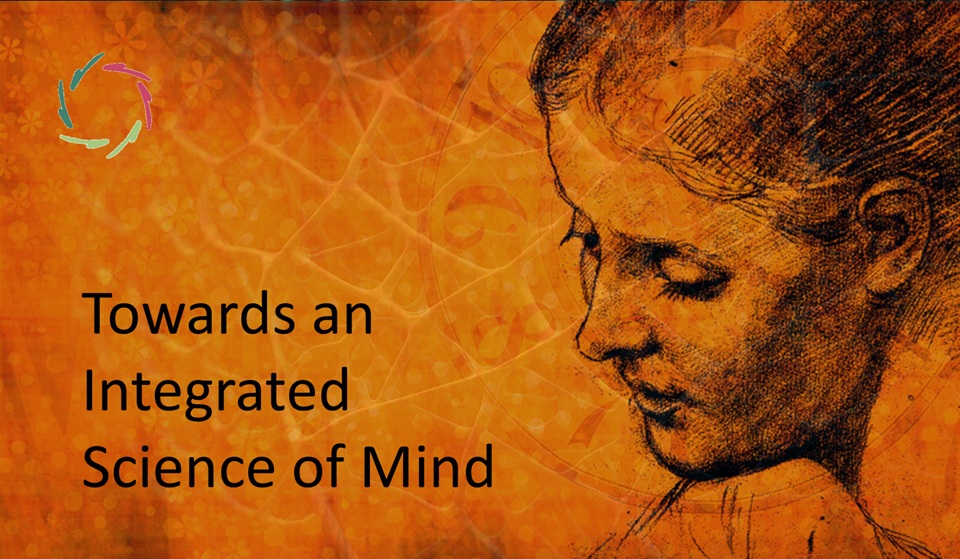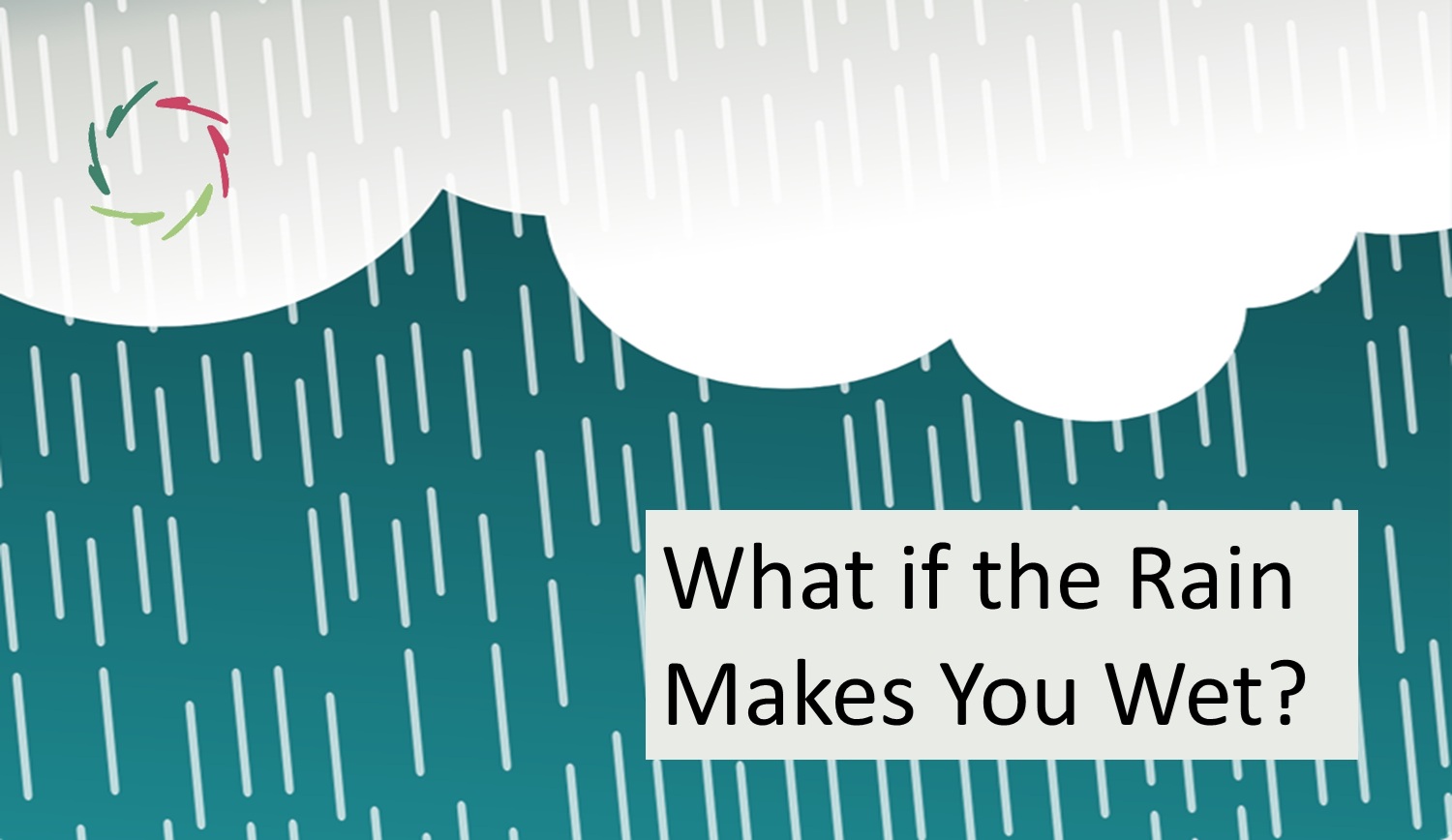The Freedom of Being You

People generally crave the feeling of freedom. Yet, a crucial misunderstanding may lead to a vicious circle careening into the reverse.
You
Being-you means being the one with your history, preferences, and other people’s influences upon you from childbirth on and even before. This is the you that can be free ― no other.
This freedom of being-you is, therefore, no abstract absolute freedom. Attaining such absolute freedom would provoke a total lack of memory because memory always carries preferences etc. Losing your memory, you would also lose you. Would you gladly pay that price for your so-called freedom?
I don’t think so. Moreover, if there is no ‘you,’ then there also is no ‘your freedom.’
Who is free when you are free?
The freedom of being you starts with who you are. If you were conscious of everything meaningfully involved in your mental processing, you would be that conscious creature. The freedom of being you would be the freedom of an etirely conscious being.
But by very far, this is not the case. Among many other things, art shows us so.
Artistic freedom
A good artist knows that inspiration can be amazing ― also to himself. The novel starts writing itself; the painting starts painting itself. The elements of the symphony come together by themselves.
Interestingly, an artist feels truly free only if he can let the art come by itself. The artist experiences the free-flowing of his art as the freedom he profoundly identifies with himself ― his total self. Many describe this process as very liberating. Indeed, there is something inside that gets liberated through the creative process.
If the artist tries to control his art consciously, he doesn’t let it free, thereby not letting himself freely produce his art. Also, frequently, it will not be excellent art. It will not be inspired ― no spirit or ‘deeper self’ inside. Worst case: the writer gets writer’s block more and more while he gets caught in a vicious circle of controlling what cannot / should not be controlled.
The Muse only comes on invitation. Even more, if the Muse feels invited and the door stays closed, it may be harder next time to let things happen in free flow.
We may all be artists of our own life.
As artists, we feel free by letting things happen, not by controlling them in the direction of surface-level wishes.
By trying to control too much – not letting yourself free to realize your inner self – you may get into a writer’s block of your whole life. Lacking the freedom of being you, you lose deep motivation. You don’t meaningfully function anymore. You are in burnout.
Retrieving the freedom of being you.
You can retrieve this freedom by giving attention to the total you. This means giving up some control in order to receive much more.
Because you are you, you are worth this artistic freedom. In present-day society, over-rationalizations and continually dispersed attention increasingly block the free flow of energy (deep motivation) that usually emerges from depth. Thus a surface-level semblance of freedom comes at the detriment of really being you.
In a vicious circle, you might even get addicted to the freedom to consume ― this is, to consume as many goods as possible or even more. As you may know, this will not make you sustainably happy.
You need to find the freedom of being totally you.


